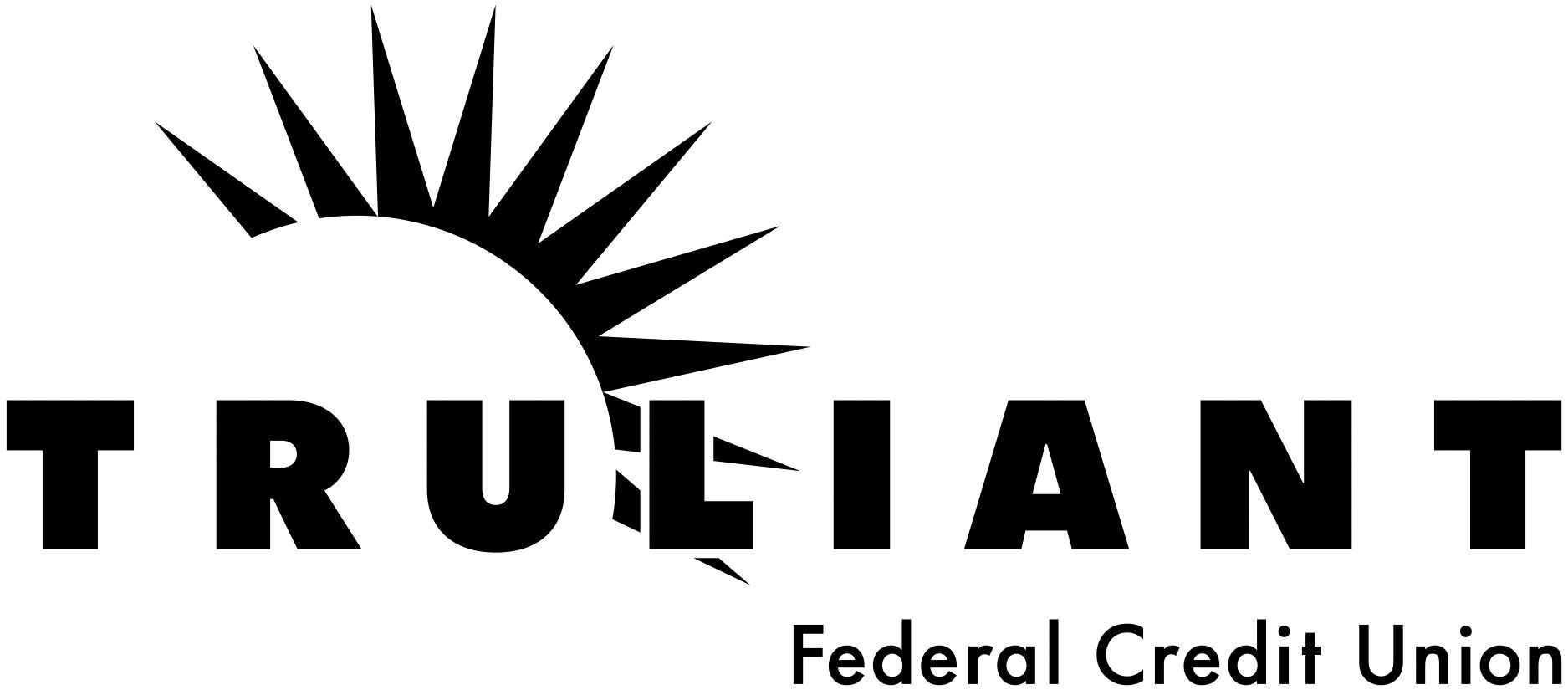What Is a Mutual Fund?

The average American may find it challenging to achieve competitive returns when they are investing on their own.
Wall Street has an advantage over Main Street. This is not to say that the average investor cannot do well, but mutual funds can help level the playing field a bit.How Can You Get Sound Investment Returns?
The best way to create a well-balanced investment portfolio while managing risks is to work with licensed professionals. There are several different ways that you can do that. In addition to retaining a financial advisor, you can invest in a portfolio of mutual funds. While this is a common phrase in the investment world, it’s important to start with what a mutual fund is and how it works before investing in them.
The Definition of a Mutual Fund
In general terms, a mutual fund is a common investment product that creates an investment portfolio of stocks, bonds, and other securities. This portfolio is actively managed for the general public by an investment company and portfolio manager in exchange for a small management fee. The fee usually comes from the proceeds of the mutual fund and does not depend on the mutual fund’s performance. For a mutual fund to even exist, an investment company, or sponsor, must register and set up the fund. The sponsor will underwrite and market the fund. It will also hire the necessary people to run it, including the portfolio manager.
How a Mutual Fund Works
The mutual fund allows investors to buy shares in the fund. When the investor purchases these shares, it goes into the common pool of capital. The portfolio manager then takes all of the pooled money in the fund and allocates it to different investments of their choosing. When you purchase a mutual fund, your shares will similarly have value to a stock. However, instead of your share representing an ownership interest in one company like a stock, it reflects the fact that you own a small part of many different companies.
If you want to know even more about a mutual fund and what it is, it is essential to understand your shares. As fund expert Zacks explains, your mutual fund shares are a reflection of the value of the individual assets in the pool of capital. At the end of each day, the net asset value of the fund will be calculated, and your shares will be assigned a price according to that value.
Mutual funds can operate in several different market spaces. You can have diversified funds that can be invested in many different companies based on the research of the portfolio manager. You may have heard the name Peter Lynch. He was the manager of the famed Fidelity Magellan Fund, which was a broad-based mutual fund that delivered solid returns for decades. Most fund companies will have both broad-based market funds as well as mutual funds that focus on an individual sector.
You can also invest in mutual funds that focus on a particular sector. For example, if you want to concentrate on the energy sector, you can invest in an energy-specific mutual fund that only buys stocks in these companies. There are also funds for certain investment strategies. This means that you could buy a mutual fund that limits itself to companies that engage in socially responsible practices. And mutual funds are not just limited to stocks. There can be funds that are invested in bonds and even those that invest in a mixture of different assets. You can even find a money market fund that invests in short-term debt securities. These types of funds offer minimal risk.
Are Mutual Funds Right for Me?
If you are a hands-on investor, there may be better options, as you essentially give up control of the individual investments that you own with a mutual fund. However, they can make a lot of sense, especially in a diversified portfolio that includes mutual funds and individual stocks and other assets. But, you can still diversify within mutual funds if you’d prefer to let the experts handle your money. You can find mutual funds across different sectors and with different parameters so that there’s less stress on you.
If you’d like to discuss your options, Truliant can help. Our LPL* advisors will meet with you and put a plan together that works best for your needs and objectives. Contact us today and we’ll be happy to assist you.
References:
https://www.investopedia.com/terms/m/mutualfund.asp
*Securities and advisory services are offered through LPL Financial (LPL), a registered investment advisor and broker-dealer (member FINRA/SIPC). Insurance products are offered through LPL or its licensed affiliates. Truliant Federal Credit Union and Truliant Financial Advisors are not registered as a broker-dealer or investment advisor. Registered representatives of LPL offer products and services using Truliant Financial Advisors, and may also be employees of Truliant Federal Credit Union. These products and services are being offered through LPL or its affiliates, which are separate entities from, and not affiliates of, Truliant Federal Credit Union or Truliant Financial Advisors. Securities and Insurance offered
through LPL or Its affiliates are:
Not Insured by NCUA or Any Other Government Agency | Not Credit Union Guaranteed | Not Credit Union Deposits or Obligations | May Lose Value
Truliant Financial Credit Union (“Financial Institution”) provides referrals to financial professionals of LPL Financial LLC (“LPL”) pursuant to an agreement that allows LPL to pay the Financial Institution for these referrals. This creates an incentive for the Financial Institution to make these referrals, resulting in a conflict of interest. The Financial Institution is not a current client of LPL for brokerage or advisory services. Please visit https://www.lpl.com/disclosures/is-lpl-relationship-disclosure.html for more detailed information.
The LPL Financial registered representative(s) associated with this website may discuss and/or transact business only with residents of the states in which they are properly registered or licensed. No offers may be made or accepted from any resident of any other state.







